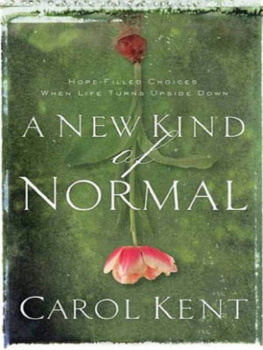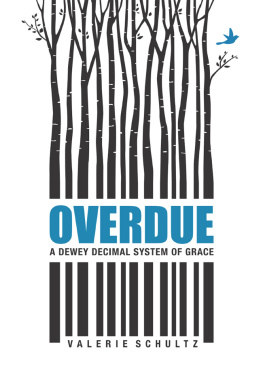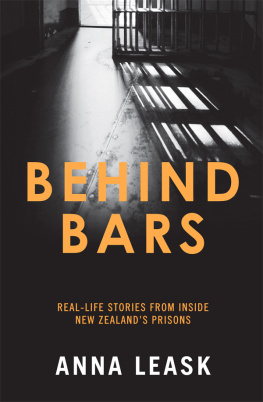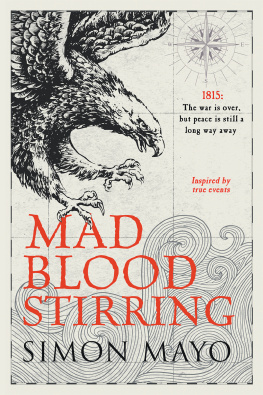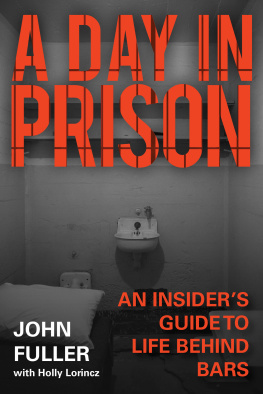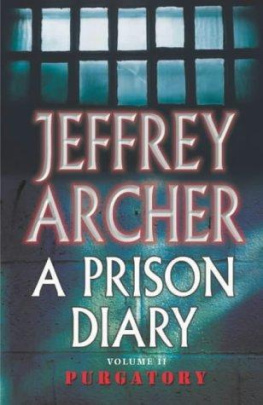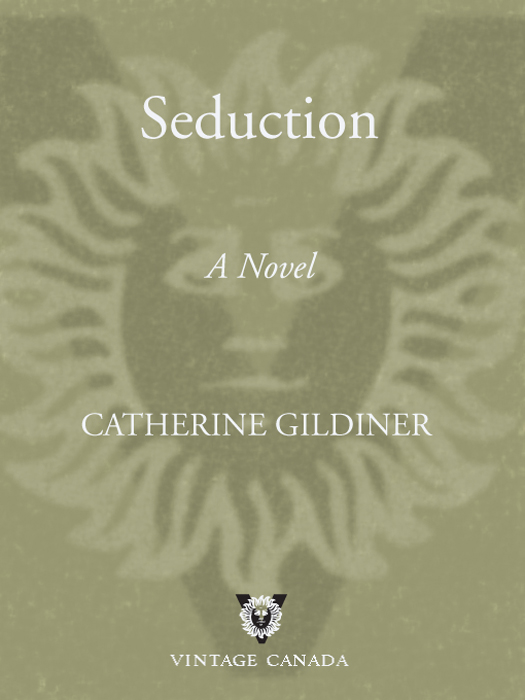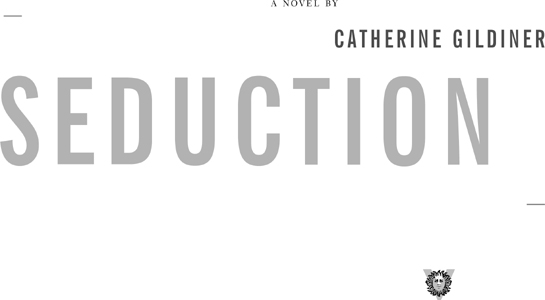A fast-paced intellectual thriller Dr. Gildiners insights about the desires that motivate us will keep you hooked.
Hilarious tale. A great read.
There are enough twists, turns and identity shifts to keep you guessing. Like a dream, it makes you question whats real and imagined.
A stylish, suspenseful romp through psychoanalytical academia.
Book-review clichs come to mind: I couldnt put it down, compulsively readable, etc. Gildiners riff on the possible truth behind the Anna O. case alone is worth the price of admission. As are the delicious parallels between the lives and thoughts of Darwin and Freud.
A psychologically deep novel that combines two ex-cons, Anna Freud, and ambitious archivist and a zany catalogue of characters.
Very clever definitely a cut above other thrillers.
A NOTE TO THE READER
While locked in my wee carrel at the university library for the better part of the sixties and seventies, I wrote a Ph.D. thesis on the subject of Darwins influence on Freud. (Ive never been one for small projects.) As I whiled away the hours in my windowless cubbyhole, Charles Darwin and Sigmund Freud became increasingly interesting to me both on theoretical and personal levels. Freud wrote over twenty volumes, not including letters, and Darwin wrote far more. Naturally, as I read them, the personalities of the men developed and became more complex and occasionally contradictory. I began to notice inconsistencies, not in the theories, but in the motivations behind them. Ideas were suddenly changedWhat did make Freud give up his seduction theory? Did he think he was wrong? Were there personal reasons? Or had the theory simply evolved? Darwin wrote about sexuality late in his life, but hed had all of his evidence for years. Why did he wait? Clearly both men were involved in their own PRarent we all?
To keep myself from drowning in Darwins insect world and Freuds libidinal cathexes, I gave both men personalities and histories as I saw them being revealed between the lines. The characters of Darwin and Freud that I created during my thesis years remained in my imagination for over twenty-five years, until I felt compelled to portray them in fiction.
I have used many historical details from both their lives, but the story has sprung not from history books but entirely from my own imagination. While remaining true to the spirit of Sigmund Freud, Anna Freud and Charles Darwin, I have freely altered aspects of their life stories to make them fit into the fictional plot. I have not only stretched historical details of their lives, but stretched the lifelines of Anna and Sigmund Freud. Like many fiction writers my imaginary storyline grew out of history, but the characters other than Sigmund Freud, Anna Freud and Charles Darwin were invented for the sole purpose of advancing my fictional storyline and are not intended to be a true depiction of any living person. The machinations within the plot are strictly used as literary devices and are in no way meant to resemble any particular scientific or historical hypothesis.
Id like to thank Darwin and Freud for lighting up my life for those decades of intense study twenty-five years ago and again for the last decade, while this novel has been incubating. Every day anew I feel some appreciation for what it must have been to be a genius, to swim upstream in a society that loathes your ideas, and to amass a theory that offered a profound, if not perfect, explanation for the motivations of mankind.
Catherine Gildiner
Toronto, August 2004
Every normal person, in fact, is only normal on the average.
His ego approximates to that of the psychotic in some part or
other and to a greater or lesser extent.
FREUD ,
Analysis Terminable and Interminable
CONTENTS
PART I:
PART II:
PART III:
PART IV:
PART I
PEN PALS
CELLULAR ACTIVITY
Look into the depths of your own soul and learn first to know yourself, then you will understand why this illness was bound to come upon you and perhaps you will thenceforth avoid falling ill.
FREUD , One of the Difficulties of Psychoanalysis
I TS REALLY EMBARRASSING to admit, but I forget why I killed my husband.
The vast majority of people do not kill their spouses. Ive faced that Im in an extreme minority. Since Im locked in here anyway, I decided to try to figure out what I missed that everyone else seems to understand. In a former life I studied Darwin and examined how drives become instincts. It was great for watching birds make their nests and fly south, but it didnt give me any clues as to why I killed my husband, or help me figure out how to conduct myself when, and if, I ever get out of this cinder-block cell. I tried reading religion, but it didnt grab me. Philosophy was interesting, but it only made me wonder if I was here at all.
However in 1974, about eight years agoIve been in this cooler surrounded by frozen tundra for nine years nowI ran across Freud. I started with volume one of his collected works, because Im that kind of person, and read all twenty-three. (Im that kind of person too.) Freuds theory is a turnkey operation. You only have to buy into the unconscious and the rest falls into place. Its like buying the model suite: you may have quibbles with the furnishings, but you have somewhere decent to live.
My greatest interest was early Freud, in all the discoveries he made before he was famous. In his letters he would explain that hed seen patients all day and was then alone in his small study working through the night. Even when he went to sleep, he had dreams of planing woodstill honing the theory. Freud called this first decade of his most original discoveries, before he had any followers except for one loopy buddy named Wilhelm Fliess, his time of splendid isolation.
I was also alone, reading Freud day and night in my six-by-nine-foot cell. Maybe it was the similarity of our splendidly isolated circumstances, but I felt Freud was writing to me. I even answered his letters in a notebook that I kept hidden in my cell. When I got on a real roll in the middle of the night after ten straight hours, I felt we were co-authors.
They say prison is hell and I suppose it is in most conventional ways, though I look at it as a monastic opportunity where all distraction is mercifully wiped away. Not many people share a cell for nearly a decade with one of the greatest geniuses of all time. Of course, I never said as much to my prison psychiatristhe would think it was delusionalbut I feel doing time with Freud kept me sane.
Fifty percent of female prisoners have a grade nine or lower education; forty percent are illiterate; the majority were unemployed at the time of their crime. Even though Native people make up two percent of the population nationally, they are thirty-eight percent of the Canadian prison population. Two-thirds of female prisoners are single mothers. Eighty percent have histories of sexual or physical abuse. Less than one percent of women in prison are there for violent crimes. On the rare occasions when their crimes are violent, the aggression is almost always toward a spouse who has repeatedly abused them first.


